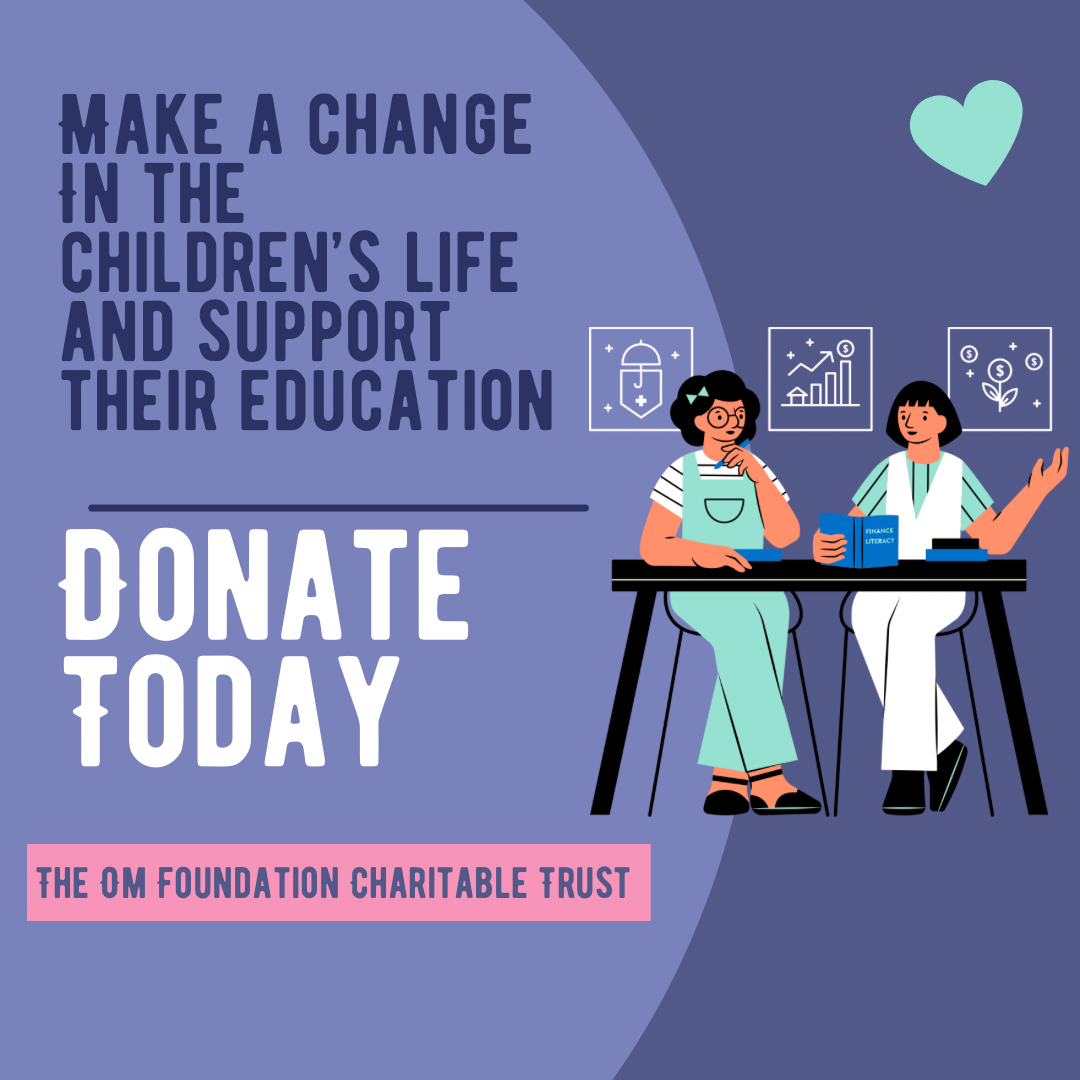Kashish Kaushik
Volunteer , Christ University
Firstly, education is a fundamental right of every child, regardless of gender. By denying girls
access to education, we are not only violating their basic rights but also limiting their potential to
contribute to society in the future.
Secondly, education has a positive impact on the overall development of a society. When girls
are educated, they are more likely to marry later, have fewer children, and contribute to the
workforce. This, in turn, leads to a decrease in poverty, improved healthcare, and a more stable
economy.
However, despite the importance of education, many girls in India continue to face numerous
barriers that prevent them from receiving an education. These barriers include poverty, early
marriage, lack of access to schools, and gender bias.
To address these issues, there needs to be a concerted effort to improve access to education
for girls, particularly in rural areas where the problem is more acute. This can be achieved
through government policies that provide financial support, infrastructure development, and
community involvement.
Additionally, there needs to be a shift in societal attitudes towards gender roles and education.
Girls need to be seen as equal to boys and given the same opportunities to succeed. This can
be achieved through awareness campaigns, education programs, and media initiatives that
promote gender equality and the importance of education.
The betterment of Indian society and its behavior towards girl child's education is critical for the
development of the country as a whole. By providing girls with equal access to education, we
can empower them to become leaders, contribute to the economy, and build a brighter future for
themselves and their communities.
The education of underprivileged children in India is of utmost importance as it can have a
significant impact on their future, as well as on the overall development of the country. Here are
a few reasons why:
Breaking the cycle of poverty: Education is one of the most powerful tools for breaking the cycle
of poverty. By providing underprivileged children with access to education, they have the
opportunity to gain the knowledge and skills necessary to pursue better job opportunities and lift
themselves and their families out of poverty.
Empowering marginalized communities: Education is also an important means of empowering
marginalized communities such as women, Dalits, and other oppressed groups. Education
helps to build self-confidence, critical thinking skills, and knowledge about rights and
opportunities, which can lead to greater political and social participation and influence.
Promoting social and economic development: By educating underprivileged children, India can
develop a more skilled and educated workforce, which can lead to greater economic growth and
development. Education can also help to reduce inequality, promote social mobility, and
increase social cohesion.
Improving health outcomes: Education has been linked to improved health outcomes and lower
rates of mortality. By educating underprivileged children, India can improve the health and well-
being of its citizens, which can lead to reduced healthcare costs and increased productivity.
Overall, investing in the education of underprivileged children in India is crucial for promoting
social and economic development, reducing poverty and inequality, and improving health
outcomes.
Therefore i request all to donate kindly to The OM Foundation Charitable Trust for the work they are doing to bring good education to the underprivileged girls from the poor and needy families.


